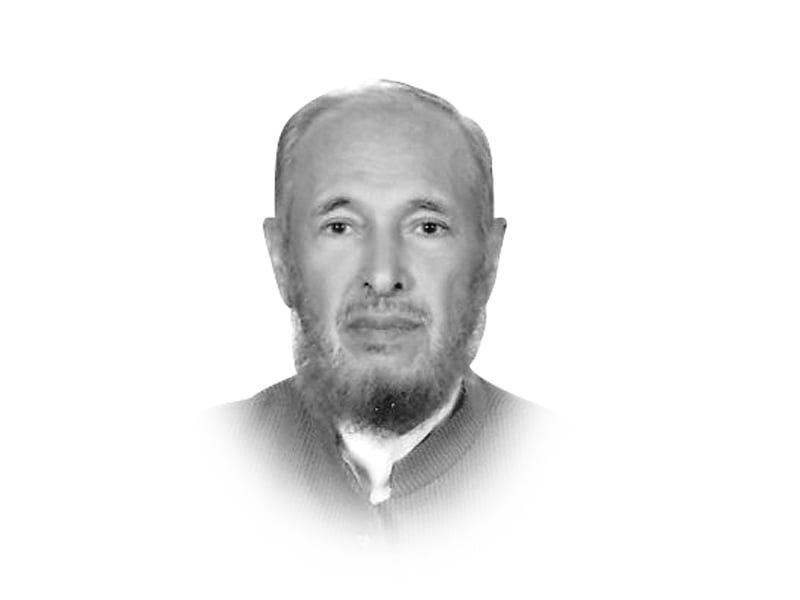
The agreement that was reached between the Taliban and the Afghan government representatives on December 1, in Doha, offers some hope for moving forward on substantive issues. In a way it is a significant step forward. But it is just a framework of rules that ‘would guide’ deliberations on major issues in the months ahead. This framework of how talks should proceed should have been worked out in the first few days. It has taken three months of discussions on seeking common ground on how the discussion should proceed. That would give an idea of the attitude of the participants seeking a consensus on how to bring a long conflict to an end.
The euphoria generated by the agreement on how to conduct meetings may have been prompted by an urge to see “some visible progress” on the way to a comprehensive agreement. But fast on the heels of the so-called agreement there was an uptick in violence in Afghanistan. The Taliban, the Afghan Security Forces and US Air Force launched deadly attacks causing the deaths of civilians and combatants on a large scale across the country.
The Afghan peace process would now be impacted by the internal dynamics of a conflict and by the changing regional environment. Then there is a change of leadership in the US. The new leaders in Washington would have to deal with the prospect of a quid pro quo — the Taliban agreeing to allow some notional US forces in the country in exchange for a transitional government dominated by the Taliban. The possibility of the US rejoining the JCPOA and its impact on the Afghan scenario is another imponderable. But what the new administration in Washington would certainly have to face is the rising level of violence if a settlement is not reached soon enough.
In its assessment of the current situation in Afghanistan, the US administration would have to take cognisance of the following ground realities:
The Taliban have severed all links with Al Qaeda. If anything, Al Qaida is now an adversary.
The Taliban have no trans-border ambitions. They are just a ‘shariah’ enforcement movement confined to Afghanistan.
No government that does not include the Taliban would be able to defeat Daesh, the Turkistan Islamic Movement or other militant outfits operating in the country. Only a Taliban inclusive government can deliver durable peace to the war-ravaged country.
Ashraf Ghani’s government remains the biggest obstacle to any settlement with the Taliban.
The key to resolving the impasses in talks lies with the US — the Kabul government cannot survive without external financial support. Any real pressure brought to bear upon a beleaguered Kabul government would yield a tangible outcome.
The way out of the deadlock is a multi-ethnic, broad-based government that includes the Taliban as a major partner and other factions including those currently in the government.
The new transitional government will be established by convening a Loya Jirga — the traditional and time honoured Afghan institution that is respected all across the country.
Continuance of the status quo will be dangerous because the increasing polarisation would spread chaos that could engulf the neighbouring countries also.
These are some factors that would need to be incorporated in any approach or initiative for ending the conflict and ushering the country on a path to sustainable peace. Contrary to the opinions expressed by certain quarters there are no ‘spoilers’ of the peace process other than those currently at the helm of affairs in Kabul. All regional countries would benefit hugely from a stable and peaceful Afghanistan that would reach out to all regional and world powers to protect its stability and make progress to change the lives of an impoverished people who have suffered for too long. Any prolongation of the conflict would spell disaster.














COMMENTS
Comments are moderated and generally will be posted if they are on-topic and not abusive.
For more information, please see our Comments FAQ